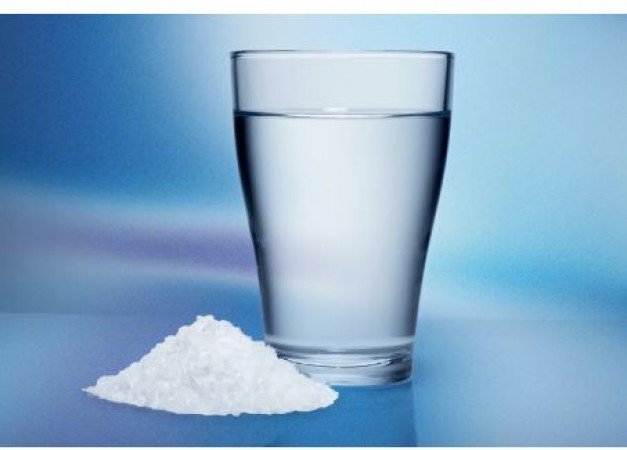
Salt water is simply water that contains dissolved salts. While it's commonly associated with seawater, salt water can be created by adding salt to regular drinking water.
Salt water primarily contains sodium chloride, the same compound found in table salt. Depending on the source, it might also include other minerals like magnesium, calcium, and potassium.
When you consume salt, it gets absorbed into your bloodstream. The body requires a balance of salt and water to function correctly.
Sodium plays a crucial role in regulating blood pressure, volume, and the balance of fluids in the body. However, too much sodium can disrupt this balance.
Ironically, drinking salt water can lead to dehydration. This happens because the high sodium content pulls water out of your cells, leading to an increased need for hydration.
The sensation of hunger is complex and influenced by various factors. Drinking salt water can indirectly make you feel hungry.
The body sometimes confuses thirst with hunger. Drinking salt water can exacerbate this confusion because it leads to dehydration, making you feel thirsty and, potentially, hungry.
Salt water affects electrolyte balance. When the body tries to balance the high sodium intake, it can create signals that mimic hunger pangs.
The hypothalamus is the brain region responsible for regulating hunger and thirst. Salt intake can stimulate this area, leading to mixed signals about needing food or water.
These are the hormones that regulate hunger. Imbalances caused by high salt intake can lead to increased ghrelin (hunger hormone) levels, making you feel hungry.
Several studies have examined the relationship between salt intake and appetite. Some suggest that high salt diets can increase the desire to eat.
Controlled experiments with varying salt levels in diets show that higher salt consumption can lead to increased caloric intake.
To avoid unnecessary hunger pangs, it's crucial to manage your salt intake. The recommended daily limit for sodium is about 2,300 milligrams.
Instead of reaching for salt water, consider other ways to stay hydrated and balance electrolytes, like drinking water with a pinch of natural sea salt or consuming electrolyte-rich beverages.
Incorporating foods that are naturally low in sodium but rich in essential nutrients can help maintain the right balance and prevent hunger induced by high salt intake.
Many people report feeling hungrier after consuming salty foods or drinks. While this is subjective, it aligns with scientific findings on salt and appetite.
Consider your last experience with salty snacks like chips. Did you feel hungrier afterwards? This personal observation is supported by how salt affects hunger hormones.
Various cultures have used salt water for different purposes, from medicinal to culinary. Understanding these uses can provide insight into how salt water affects the body.
Today, some wellness trends advocate for salt water consumption for purported health benefits. However, it's essential to approach these trends with caution and evidence-based knowledge.
High salt intake is linked to increased blood pressure and a higher risk of heart disease. Consuming salt water can contribute to these risks.
Excessive salt puts a strain on the kidneys, which have to work harder to expel the extra sodium. This can lead to kidney damage over time.
Instead of salt water, opt for natural hydration solutions like coconut water, which contains a balanced mix of electrolytes without excessive sodium.
A diet rich in fruits, vegetables, lean proteins, and whole grains provides the necessary nutrients without overloading on salt.
Some believe that salt water can help with weight loss by making you feel full. However, the dehydration and potential for increased hunger contradict this.
Scientific evidence supports the idea that high salt intake can lead to mixed hunger signals and overall increased appetite.
While drinking salt water doesn't directly cause hunger, it can create conditions that make you feel hungrier. This is due to the body's complex response to high sodium levels, which can confuse thirst and hunger signals and alter hormone levels. Maintaining a balanced salt intake is crucial for overall health and well-being. Be mindful of how much salt you consume and seek healthier ways to stay hydrated and nourished.
High cholesterol patients should not consume these things even by mistake
One should eat a lot of onion in summer, for this make tasty onion curry